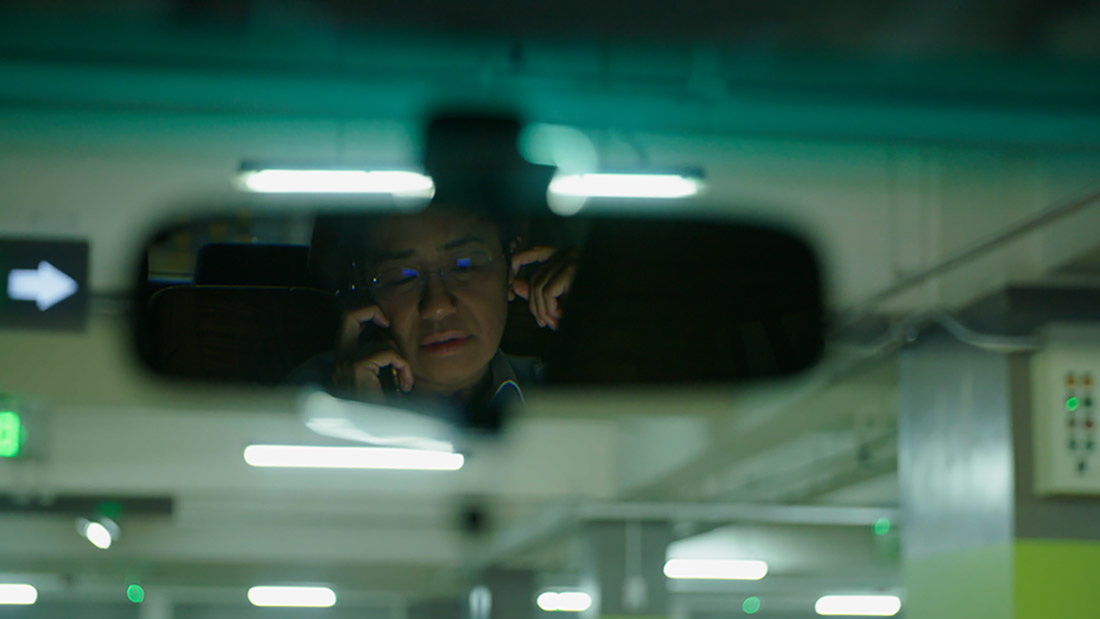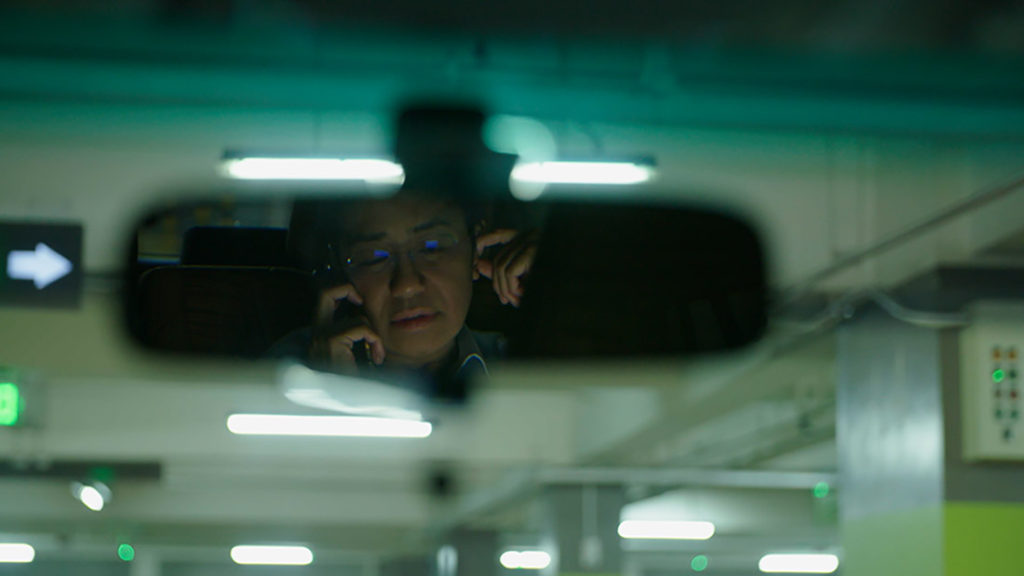
A Thousand Cuts, directed by Ramona S. Diaz, was produced by Concordia Studio and Motto Pictures and also named an official selection at SXSW, HotDocs AFI DOCS, and Full Frame Film Festivals. The film primarily follows journalist Maria Ressa and her team of journalists at the Rappler, an online news platform founded in 2012 by Ressa. Ressa, in addition to being a 2018 TIME Person of the year, is a world-renowned Philippinian journalist.
However, despite being a highly respected investigative reporter, who previously was a foreign correspondent for both the Manila and Jakarta bureau chief for CNN, Ressa and the Rappler were targeted by President Rodrigo Duterte following his win in 2016. Following his win, Duterte promised to crack down on illegal drug use, not even three hours later the first body was found in the street. The war on drugs quickly became a war on the poor. Duterte’s cruel approach had the government murdering their own people in the streets under the guise they had attacked back first.
Rappler began to investigate the killings and hoped to hold the government accountable. During this time, the team uncovered a massive amount of misinformation on social media that was altering the course of democracy in real-time. Once Ressa began publishing her findings, Duterte personally attacked her and the Rappler, as well as other prominent journalists at the new site, and even attempted to revoke their license. Eventually, Ressa was arrested for “cyber libel” based on a story published in 2012 about Philippine businessman Wilfredo D Keng alleging connections to a top court judge. The law they used to charge her was enacted after the story’s publication, this means the government was applying a law retroactively.

Duterte’s abuse of power as president is far-reaching and downright scary for the future of democracy in the Philipines. Ressa’s fight for justice in the country is ongoing as she was found guilty of the cyber libel charges last month in a blatant attempt to silence her. But her attempt to fight for the freedom of the press and counter the dangers of fake news feels eerily familiar. While the Philipines is hundred of miles away, right-wing attacks on the press are happening all over the world, including in the United States. The tactics the Philippine President uses against Ressa are similar to what other authoritarian leaders are using.
A Thousand Cuts serves as a disturbing reminder as to how quickly misinformation spreads and can pollute a democracy. The film plays like a political thriller told through the eyes of various journalists. While the main focus of the documentary is Ressa and her unlawful arrest, the most impactful portions are the accounts of the violence on the streets told directly from reporters who saw and covered the events. Investigative reporter Patricia Evangelista’s retellings of the violent murders as the story unfolded was jarring. The film also covers when Pia Ranada was publically attacked by the President and then banned from Malacañang coverage. While speaking on the events she calls them “demoralizing.” Seeing the Duterte spin Randa’s coverage as defamatory and accusing her of hiding behind the freedom of the press was shocking but unfortunately eerily familiar as press around the globe continues to be under attack.
In addition to covering the journalists on the ground, A Thousand Cuts also spends a good amount of the film with pop-star-turned-government-secretary Mocha Uson. Unlike Ressa or any of the staff at the Rappler, Uson was not well-versed in politics. However, she became a vocal advocate for President Rodrigo Duterte. Her social media reach helped fan the flames for Duterte’s rise in popularity as well as his successful spread of misinformation. The film’s choice to showcase the juxtaposition between Mocha Uson and Ressa is important. In a world where everyone can have a captive audience at their fingertips, it is easy to see how quickly that power can be abused and used to spread falsities. Anyone on social media knows how many large accounts, willingly or unknowingly, spout off false information.
The odd adage, “a lie travels around the globe while the truth is putting on its shoes,” has never been more true and according to Ressa, lies laced with hate and anger spread the fastest. The Philippines as a country, according to Ressa, spend up to ten hours a day on the internet and use social media more than most countries around the world. But they are not far behind the United States which according to a recent digital report showed the average American is spending 6 hours and 42 minutes online each day.
My only issue with the documentary is at times the pacing can feel odd. A Thousand Cuts is a mix of footage from real news coverage and footage created specifically for the documentary. The way these are spliced together can be confusing and it is not always clear where in the timeline of the story we are because of this. Still, A Thousand Cuts is an excellent documentary with a message that reaches further than the Philippines.
A Thousand Cuts world premiered at the Sundance Film Festival this year and is set to release nationally August 7th via PBS Distribution and Frontline.
A Thousand Cuts
-
Rating - 8.5/108.5/10
TL;DR
A Thousand Cuts is an excellent documentary with a message that reaches further than the Philippines.







